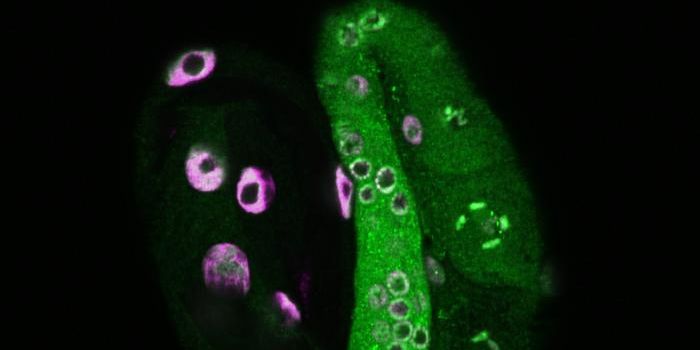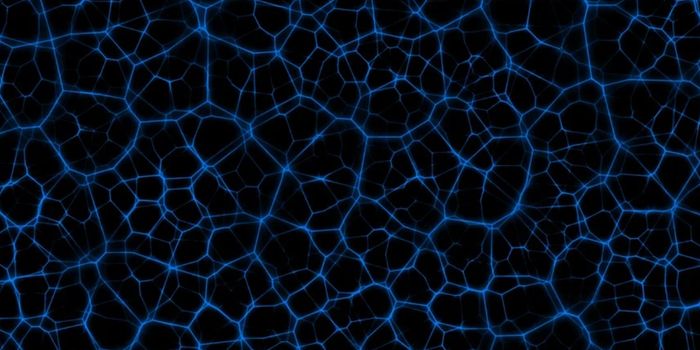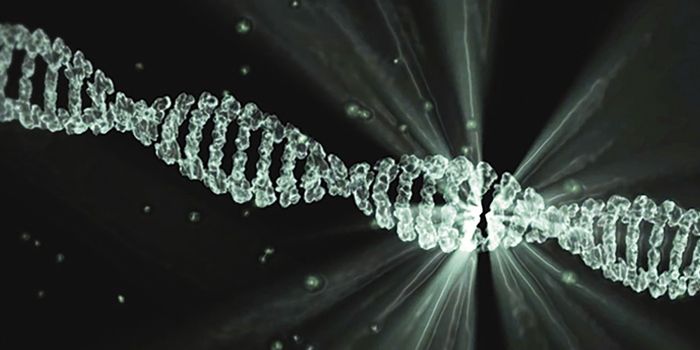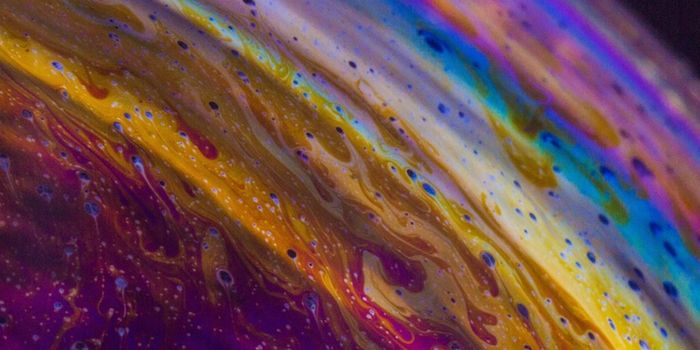Blue Light Exposure Shortens the Lifespan of Fruit Flies
Our electronic devices and some household fixtures emanate blue light. New research has indicated that it may be a detrimental influence on longevity. Researchers at Oregon State University have found that light-emitting diodes (LED) that produce blue wavelengths can cause damage to the brain as well as the retinas. In this study, the scientists used a common animal model, the fruit fly, which has many physiological mechanisms in common with humans. Their work was reported in Aging and Mechanisms of Disease.
Flies were exposed to blue LEDs for twelve hours to mimic exposure to electronics, followed by twelve hours of darkness. They had shorter lifespans compared to flies that were exposed to similar cycles without blue light or flies whose environment was constantly dark. The flies subjected to blue light had damage in the neurons in their brains and in retinal cells, and their movement was disrupted; a common behavior, climbing the walls of their environment, was impaired.
The researchers also tested flies that did not develop eyes, and they also had problems with movement and brain damage. This suggested to the researchers that the flies only have to be exposed to the light, they don’t need to actually see it, to have problems.
"The fact that the light was accelerating aging in the flies was very surprising to us at first," said the senior study author Jaga Giebultowicz, a professor of integrative biology. "We'd measured [the] expression of some genes in old flies, and found that stress-response, protective genes were expressed if flies were kept in light. We hypothesized that light was regulating those genes. Then we started asking, what is it in the light that is harmful to them, and we looked at the spectrum of light. It was very clear cut that although light without blue slightly shortened their lifespan, just blue light alone shortened their lifespan very dramatically."
Giebultowicz noted that natural light is critical for the proper regulation of the body’s clock - circadian rhythm. This clock influences many cycles in the body including sleep patterns, cell regeneration, hormone production, and brain wave activity.
"But there is evidence suggesting that increased exposure to artificial light is a risk factor for sleep and circadian disorders," she said. "And with the prevalent use of LED lighting and device displays, humans are subjected to increasing amounts of light in the blue spectrum since commonly used LEDs emit a high fraction of blue light. But this technology, LED lighting, even in most developed countries, has not been used long enough to know its effects across the human lifespan."
The flies will avoid the blue light if they can, she added. "We're going to test if the same signaling that causes them to escape blue light is involved in longevity," she said.
If these findings are applied to technological advances, the damaging impact of the light could be addressed, added the co-first author of the report, Eileen Chow, a faculty research assistant in the Giebultowicz lab.
"Human lifespan has increased dramatically over the past century as we've found ways to treat diseases, and at the same time we have been spending more and more time with artificial light," she said. "As science looks for ways to help people be healthier as they live longer, designing a healthier spectrum of light might be a possibility, not just in terms of sleeping better but in terms of overall health."
It’s possible for some devices to filter out blue light, and eyeglasses with amber lenses can also be beneficial for reducing it.
Sources: Science Daily via Oregon State University, Aging and Mechanisms of Disease









